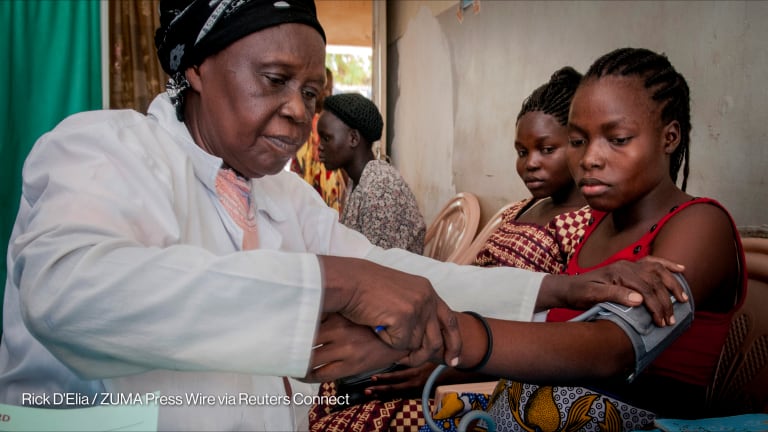Opinion: Trump aid shock underscores need for more made-in-Africa medicine
Global health has been rocked by huge cuts to U.S. aid and U.S. President Donald Trump’s decision to quit the World Health Organization. Taken together, these moves represent an unprecedented disinvestment from tried-and-tested mechanisms that have provided care for billions of people around the world.
Nowhere will the costs be higher than in Africa, where vulnerable health care systems are being hit especially hard by the closure of U.S.-backed health initiatives and research projects. Despite a limited U.S. waiver that some treatment can continue under the President’s Emergency Plan for AIDS Relief, or PEPFAR, lifesaving programs for tuberculosis, malaria, HIV, and other diseases have been disrupted drastically and now face long-term uncertainty.
The shock actions by the Trump administration coincide with rising health care nationalism in other countries, driven by an inward-looking mantra to “serve your own before helping others.” The result has been a slew of cuts to aid budgets, the reallocation of development finance to domestic immigration issues, and the negotiation of exclusive deals to ensure priority supplies of medicines for home populations.
Search for articles
Most Read
- 1
- 2
- 3
- 4
- 5








